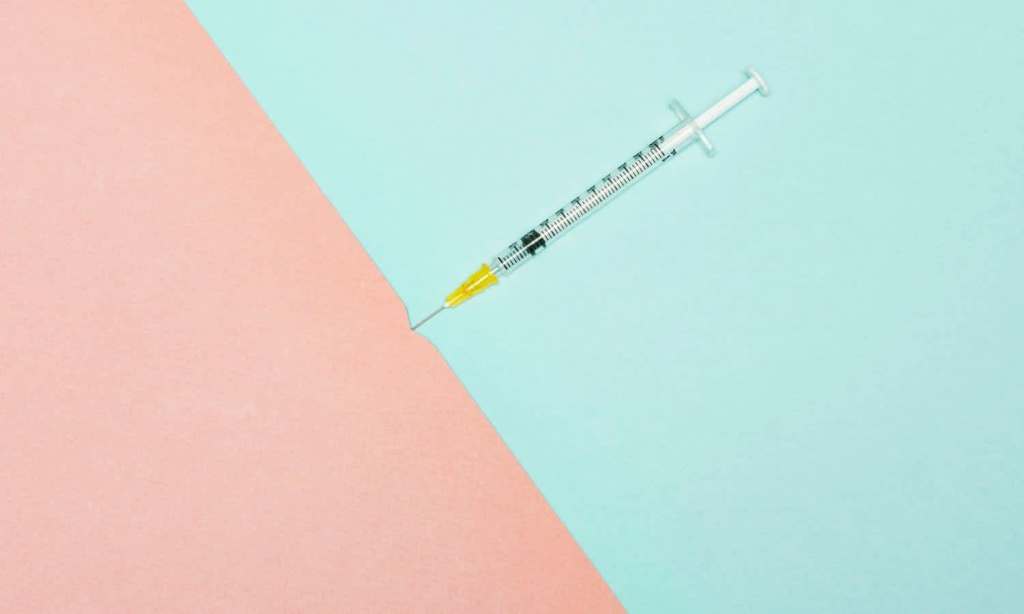Having a phobia or fear of needles — also known as trypanophobia — is a pretty common thing. According to a Brisbane based psychology practice, one in 10 people have this specific phobia. So how do we deal with it in the time of coronavirus and vaccines? Especially now as 140,000 vials of the Pzifer vaccine have arrived, and TGA has approved the AstraZeneca vaccine.
Symptoms of trypanophobia include dizziness, fainting, anxiety, panic attacks, high blood pressure, a racing heart, and the one we’ve all witnessed or succumbed to — fainting. Apologies to anyone reading the list of symptoms who may be feeling a little attacked, but the good news is there are ways to cope with your fear of needles. And, yes, the symptoms that come along with it.
The first thing to do is to talk to your GP. If you’ve had to get a needle from them before, they may already be aware of your fear of needles. It’s likely they’ll be the ones to administer you the vaccine — so when vaccination day comes, they’ll be the ones that can make you comfortable with the procedure.
If it’s a severe case of trypanophobia, your GP will be able to give you the name, or refer you to, a professional psychologist. One that can use a method like cognitive behavioural therapy (CBT), that may help you gain control over this fear.
When the time comes, remember to focus on your breathing. Take deep breaths, or try to train up on abdominal — diaphragmatic — breathing before the appointment. This can help you calm down in the lead-up to the appointment, at the doctor’s office, and throughout the vaccination itself.
Distracting yourself throughout is another coping mechanism to use for the COVID vaccination. Infectious diseases paediatrician, Professor Robert Booy, told the ABC that distraction techniques can work for both children and adults.
You may want to look away from the injection site and focus on one spot on the wall, listen to calming music or watch something briefly on your phone. If you’d prefer, ask for a count down to the injection, or even ask the doctor to chatter away if needed.
Read more stories from The Latch and subscribe to our email newsletter.







